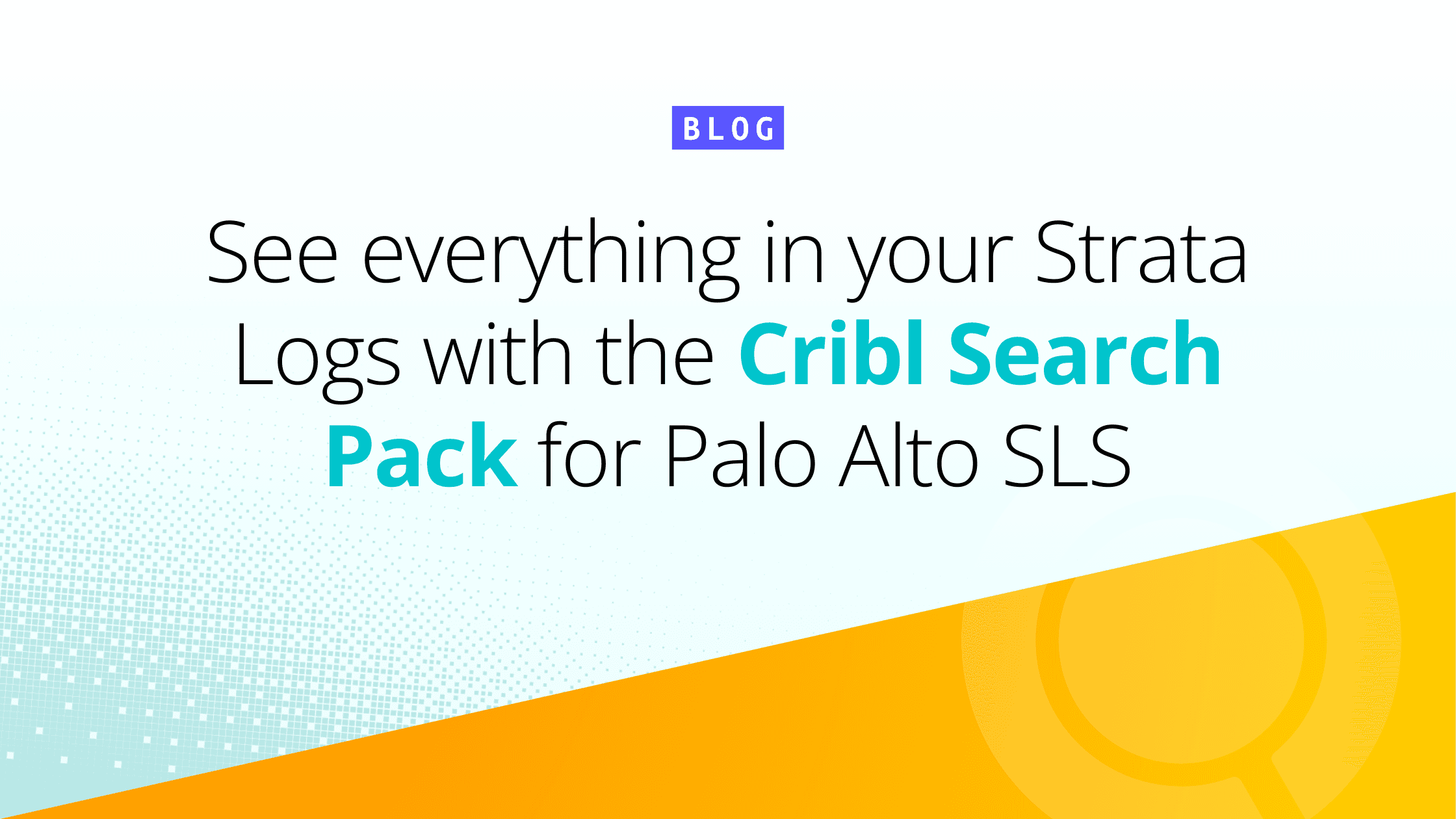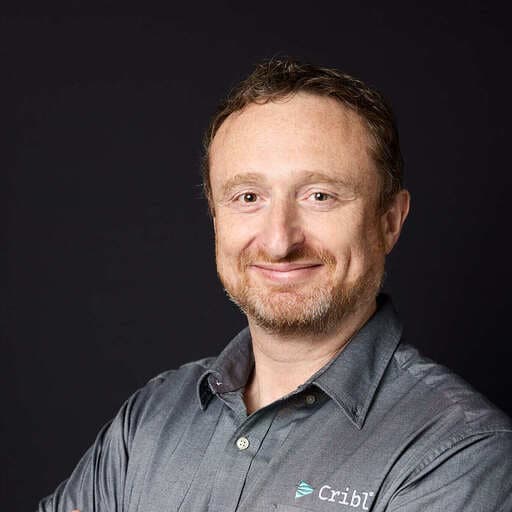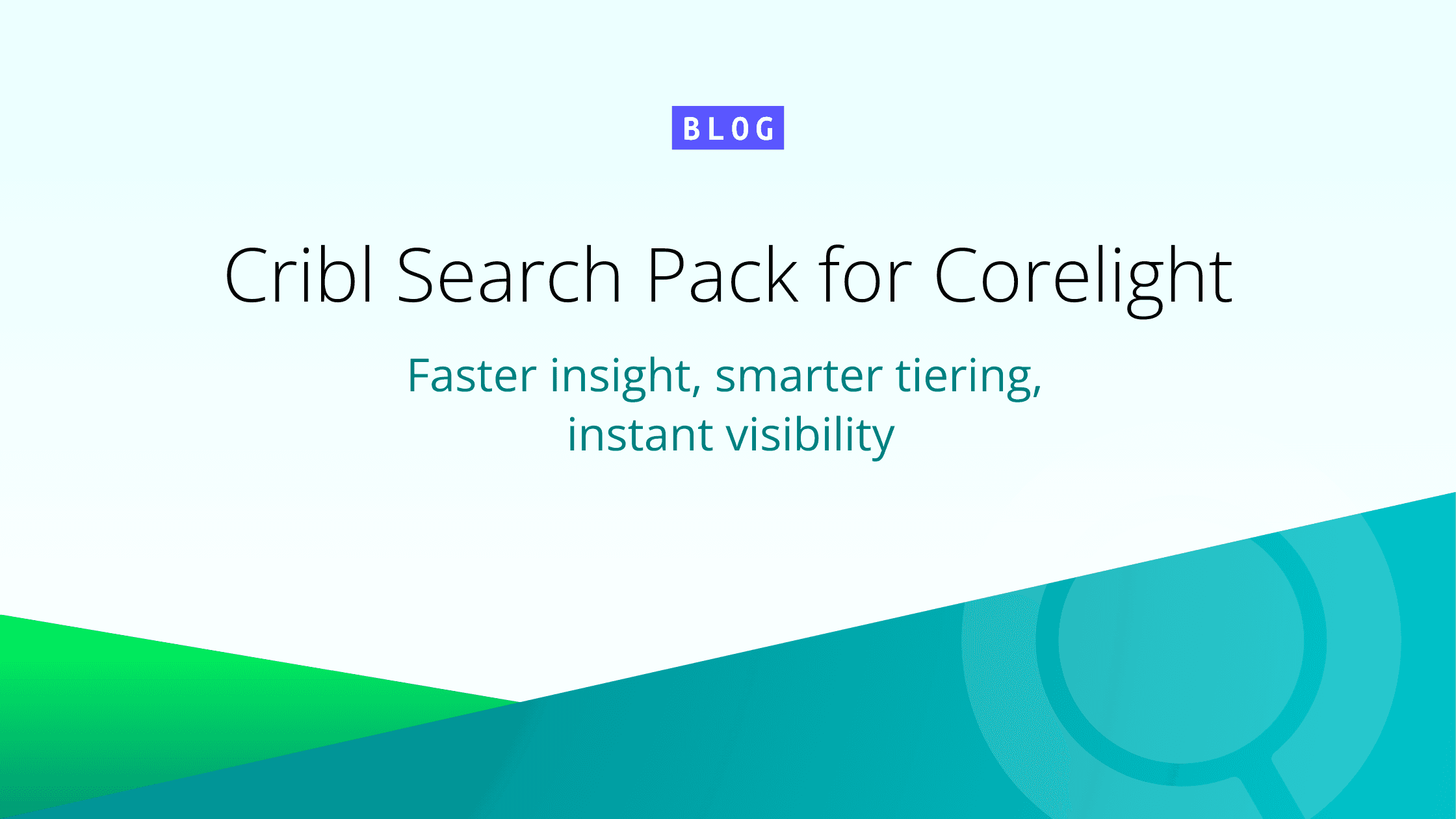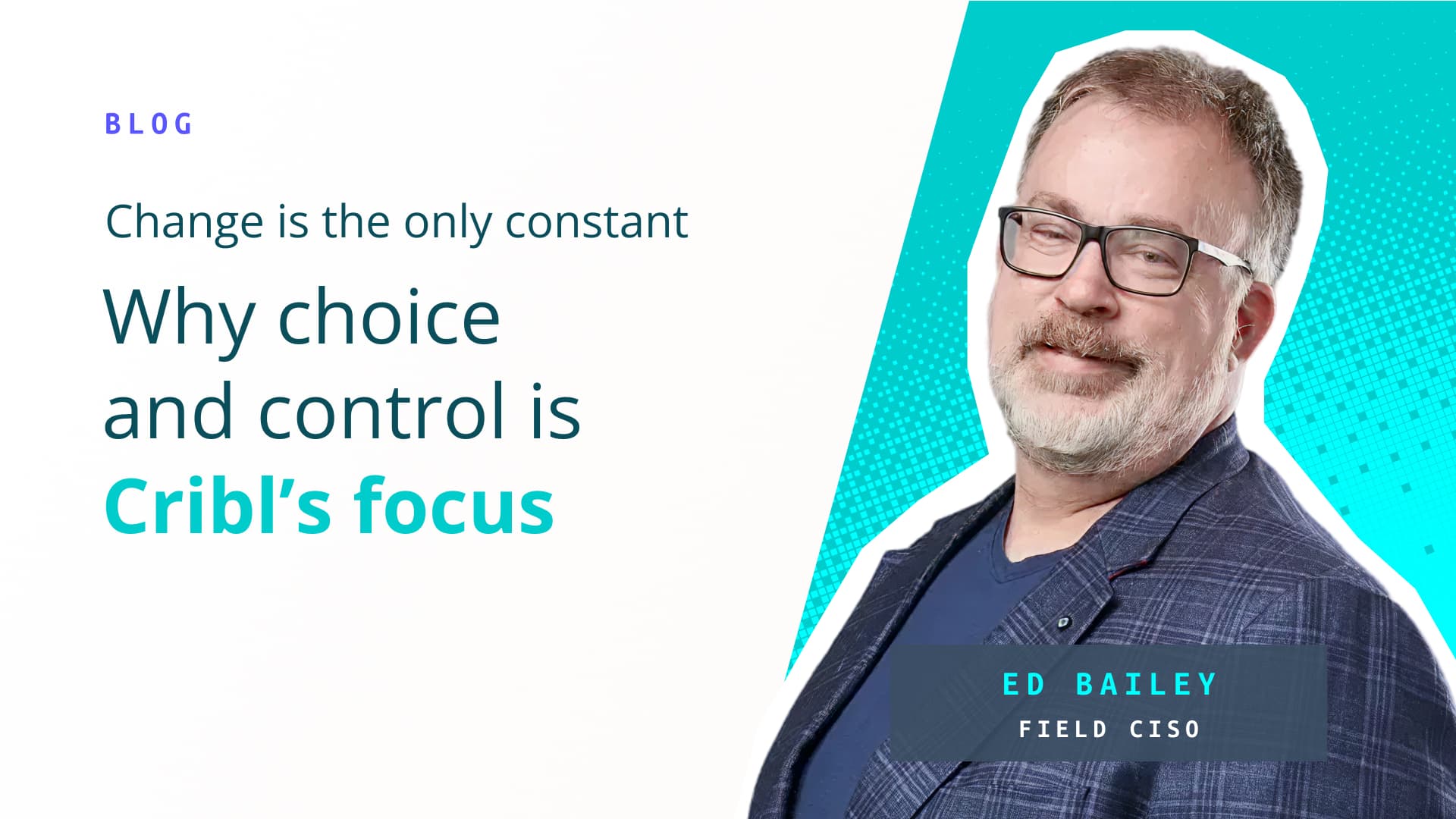Co-written by Dritan Bitincka and Ledion Bitincka
Creating new products is hard. Creating new products while also maintaining, enhancing, and expanding existing ones is nearly impossible to do well, as the constraints and requirements are so different. That said, it’s a challenge that we couldn’t be more excited to work on.
Here at Cribl, we want to continue creating new and innovative products that address real customer problems. To accomplish this goal as effectively as possible, we’ve decided to separate our engineering organization into two parts. We have a scaling organization where most of our engineers enhance our existing products; and another smaller organization called C021, which will focus on incubating and building new products like Cribl Edge and Cribl Search.
Introducing Scalers and Incubators
In addition to being super difficult, creating new things also tends to be messy — you need to iterate extremely quickly, take risks, and be willing to accept when you need to go back to the drawing board after a failed iteration.
This kind of process isn’t something that everyone likes to be involved with. We call the people who don’t want any part of this type of work, “scalers.” Scalers prefer to be part of a process where the job is to iterate on something that’s already been established, by following a roadmap to deliver a finished product that has a high likelihood of being adopted. They gravitate toward stable projects, or long-running projects, where there is relatively little (market) risk involved. We call these types of engineers scalers because projects like these often involve taking a product from a small number of users, requests, transactions, or processed data, to much larger numbers, over an extended period.
In the other camp is the kind of people who like to build the early versions of products. We call these types of engineers “incubators.” Incubators thrive in ambiguity and would get bored if they had to focus on adding the finishing touches to something that’s already been built. They tend to do things quickly, and although things can sometimes start off at a lower quality, they get shit done. They focus on functionality versus scale, and aim to prove that first production use case (literally, going from 0 to 1). . Scalers enjoy innovating on existing products, and making them better; incubators love navigating uncharted territory at a faster pace. It has nothing to do with which type of work is more difficult — it’s just a matter of the type of environment that each individual is built to thrive in. By splitting our engineering department in two, we’ve given each kind of engineer a place to create that feels like home to them. We’re also giving them the flexibility to move between organizations, as their interests, styles, and preferences evolve. It’s just one of the many ways we’re actively trying to empower the members of our team.
Our Path to Becoming a Generational Company
As we continue to foster innovative and creative products, we’ll follow our new product introduction process, where products will come out of the C021 organization and immediately get tested in the field with our existing customers. Every new idea will be run down our distribution channel, where we can pair product incubation with our current customers. Once products begin to show signs of traction or adoption, we will methodically transition them to the product engineering team, to be scaled appropriately.
With this strategy, we hope to become a generational company that never stops innovating. We have a ways to go, but we want to continue to ship new products from first principles just like Apple, Google, and other legendary companies have done over the years. Take AirPods as an example. Wireless headphones were around for a while before Apple created their AirPods, but Apple came up with a much better product than every other wireless headphones brand. Apple didn’t invent the category, but they made it better than everybody else, and this one product has ended up being bigger than most tech companies’ entire businesses.
This is exactly the kind of company that we aspire to be: one that continues to build and ships valuable, net new products for our customers. Ultimately, the success of our organization will be measured by the value our products deliver for our customers.
When we talk to our current and prospective customers, they tend to have the problems that we envisioned them having three or four years ago — some of which we have since solved, and others for which we continue to build solutions. Being able to deliver products that our customers want and need — products our customers are enthusiastic about using and sharing — is the reason we started Cribl and the reason we love coming to work every day.







